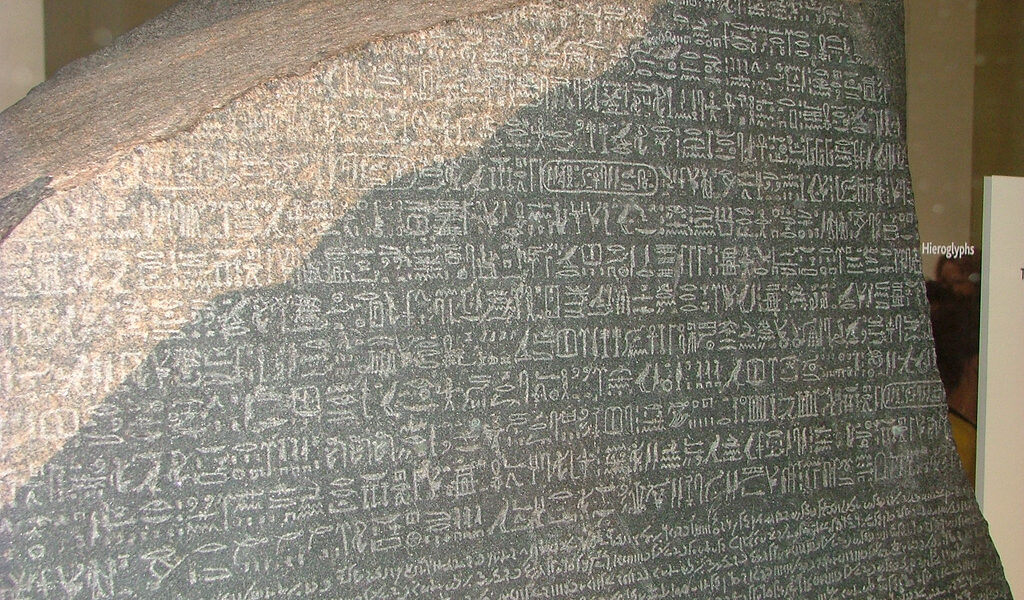The world-famous cipher has been a must-see object for two centuries - but Egypt wants it back and joins a chorus including Greece in waiting for stolen treasures like "The Elgin Marbles" to be returned. They were forcefully removed from the ruins of the Ancient Greek Parthenon in the nineteenth century and are now in demand to be sent back from the British Museum to Greece.
Egyptian archaeologists are asking the British Museum to repatriate the famous Rosetta Stone, igniting yet another controversy over the UK's vast collection of historical artefacts. An activist alleged that Britain was engaging in "cultural imperialism" and said it was "just a matter of time" before the museum returned the priceless item.
An online campaign by Egyptian archaeologists has gathered 2,500 signatures so far and aims to "tell Egyptians what has been taken from them", explained Monica Hanna, acting Dean of the College of Archaeology in Aswan.
The Rosetta Stone is dated 196 BC was first unearthed by Napoleon's army in northern Egypt in 1799.
Along with other antiquities found by the French, the stone was seized by the UK under the terms of the 1801 Treaty of Alexandria, which marked the defeat of Napoleon by British and Ottoman forces. It was shipped to Britain and has been housed in the British Museum since 1802.
Bearing inscriptions of the exact text in Hieroglyphs, Demotic and Ancient Greek, Frenchman Jean-Francois Champollion used it to decipher Hieroglyphs from 1822, hugely opening up understanding of ancient Egyptian language and culture.


